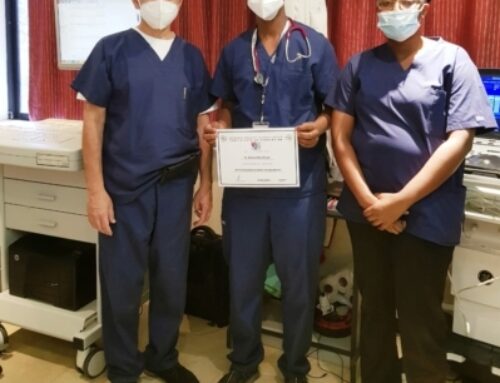The United Nations Population Fund (UNFPA) estimates that there are 200-million girls and woman alive today that have been subject to Female Genital Mutilation and 80% of those women and children are from Africa. Even more alarming are their estimates that if FGM practices continue at the current rates, a further 68-Million girls will be cut by 2030.
At Response-Med, we operate in the most remote and underserved locations, and our medical teams bear witness to the horrors of FGM regularly. The effects of FGM vary depending on the type of cut performed, the expertise of the person cutting and the hygiene environment under which it is performed. Girls and women who have been cut often suffer from severe pain, hemorrhage, tetanus and infection immediately following the procedure and even more suffer further as infection spreads causing urinary issues, ulceration and septicemia.
Many things get even worse as long-term health consequences include anaemia, formation of cysts, abscesses and keloid scarring that damage the urethra resulting in urinary incontinence, sexual dysfunction, fistula and an increased risk of HIV transmission.
The scarring also has a profound impact on the child birth process resulting in obstructive labour and formation of fistulas due to prolonged labour with severe consequences both for mother and child.
While some of these conditions can be treated medically, there is also the ever-present mental health issues that result from Female Genital Mutilation. The psychological stress of the cutting often triggers children into behaviour change and anxiety due to the loss of trust and confidence in their caregivers. In the long term, many women who have undergone FGM suffer from depression, anxiety and other neurological disorders that largely remain untreated.
The COVID-19 pandemic has had a far-reaching effect on vulnerable women delivering deeper levels of gender inequality, economic hardship and disruption in prevention programmes and reduced access to medical care. Regrettably, the numbers of girls at risk of being cut every year is rising again, so eliminating the practice of FGM must become a global priority to protect those currently at risk and to create an FGM free future for those girls yet to be born.
As we recognise the International Day of Zero Tolerance for Female Genital Mutilation, we at Response-Med support the United Nations’ call to accelerate investment to end FGM and uphold the human rights of all women and girls.





